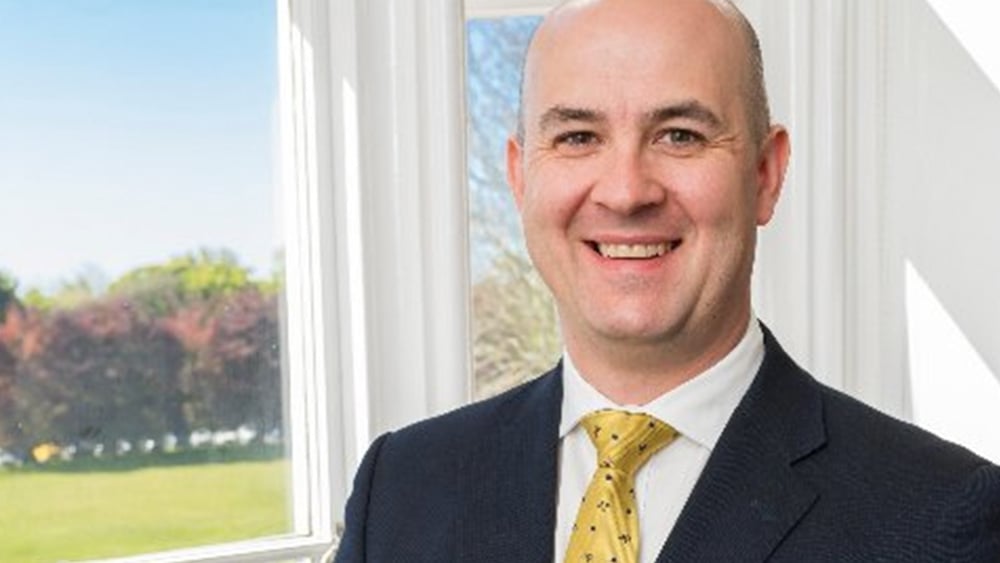Posted on: October 26, 2022, 12:55h.
Last updated on: October 26, 2022, 01:38h.
In spite of the turmoil facing the UK, with rising inflation and an unstable government, gambling is on the rise. In particular, the online segment continues to swell, although it still only accounts for a minor portion of the industry.

The UK now has another prime minister in Rishi Sunak, who was just sworn in after Liz Truss resigned. There are already calls for him to take a proactive stance on gambling reform, although getting the economy in order might be a greater priority.
The issues aren’t stopping Brits from gambling. The latest statistics from the UK Gambling Commission (UKGC) show a record 27% participation in online gambling, its highest level so far.
Almost Back to Normal
Overall gambling participation has increased close to pre-pandemic levels. It is now at 44%, just 3% lower than the figure reported in September 2019.
With 43% of those polled saying they had gambled within the last four weeks, the 25–34 age group saw the largest increase in overall gambling participation. This segment also saw the greatest increase among those aged 35-44, which went from 29% to 32%. All age groups reported improvements, except the 65+ bracket.
The National Lottery was responsible for much of the overall growth, as participation rose from 26.5% to 28.7%. Not far behind, the online slot segment also contributed, with participation increasing to 4.6% from 3.4%.
The number of people participating in land-based gambling increased as well, which indicates that the online segment isn’t cannibalizing that segment, as some have suggested. The only drop was in sports betting, which is now at 4.5% after losing 1.1%.
After falling in previous surveys, the proportion of people who gamble regularly increased to 26.6%. This is a jump of 3.3%. According to the UKGC, the problem gambling rate was stable at 0.3%. Given previous surveys that show similar results, an increase in gambling with no increase in problem gambling shows ongoing efforts by the industry are effective.
There was one area that stood out in the problem gambling data. It rose among 16-24-year-olds from last year’s 0.4% to 1.4%.
UKGC Forging Ahead with Changes
Until the UK government figures out how to address reforms of its gambling legislation, the UKGC will do the heavy lifting. It’s implementing changes on a number of fronts, including how it conducts its reviews, as well as how it oversees operators.
UKGC CEO Andrew Rhodes recently explained that changes to the UK Gambling Act 2005 will most likely focus on slot machines, including online slots. There will also be a number of new rules and regulations for the entire online segment.
Until the new gambling white paper arrives, the UKGC will take the lead. Under its guidance, online slots can no longer offer an autoplay feature, and the regulator is going to take a hardline stance against violators.
There’s also a push for a “single customer view” in the online segment. This would allow all operators to share user data to determine if someone is trying to jump from one operator to another in order to circumvent responsible gambling controls.
These are only a few of the updates the regulator wants to implement, along with changes to advertising. They come as the UK gaming industry shows a significantly low level of problem gambling.
They also come amid dropping levels of gaming revenue, according to operators. However, the market remains strong and is adding growth, which will help keep it sustainable for now.
